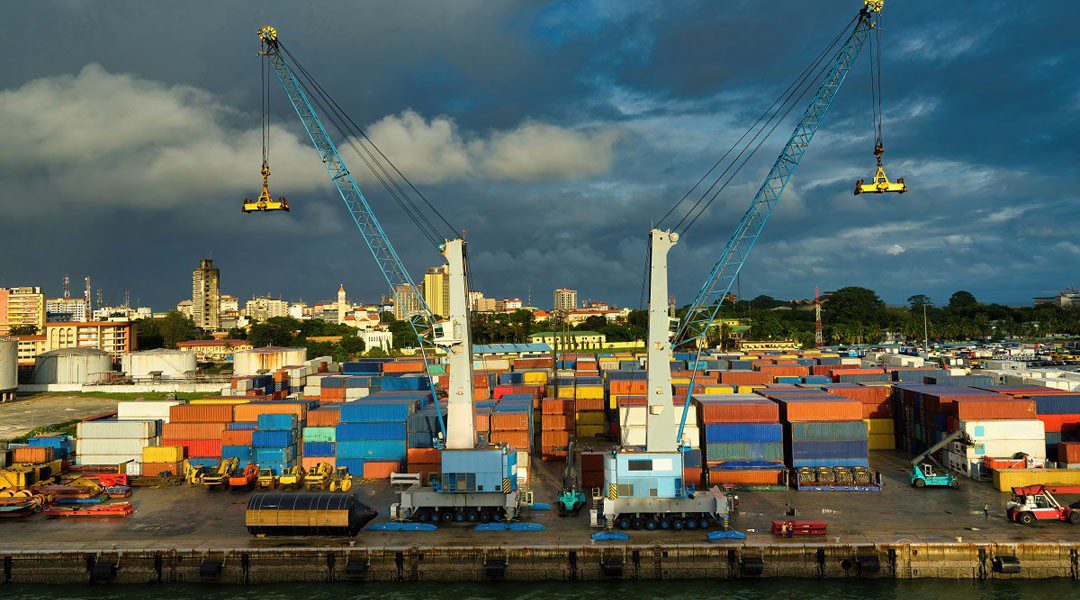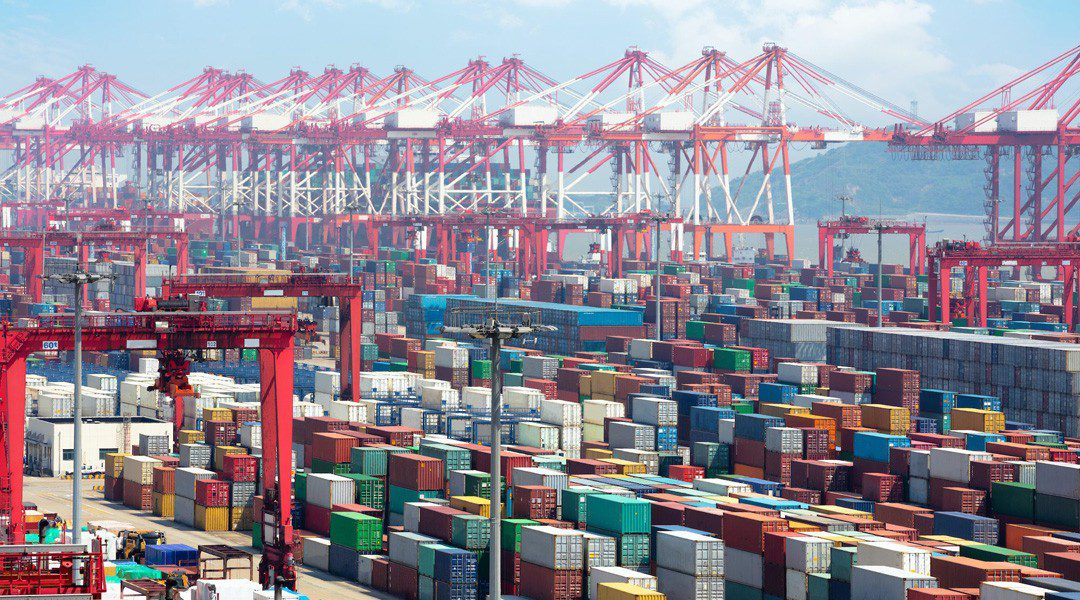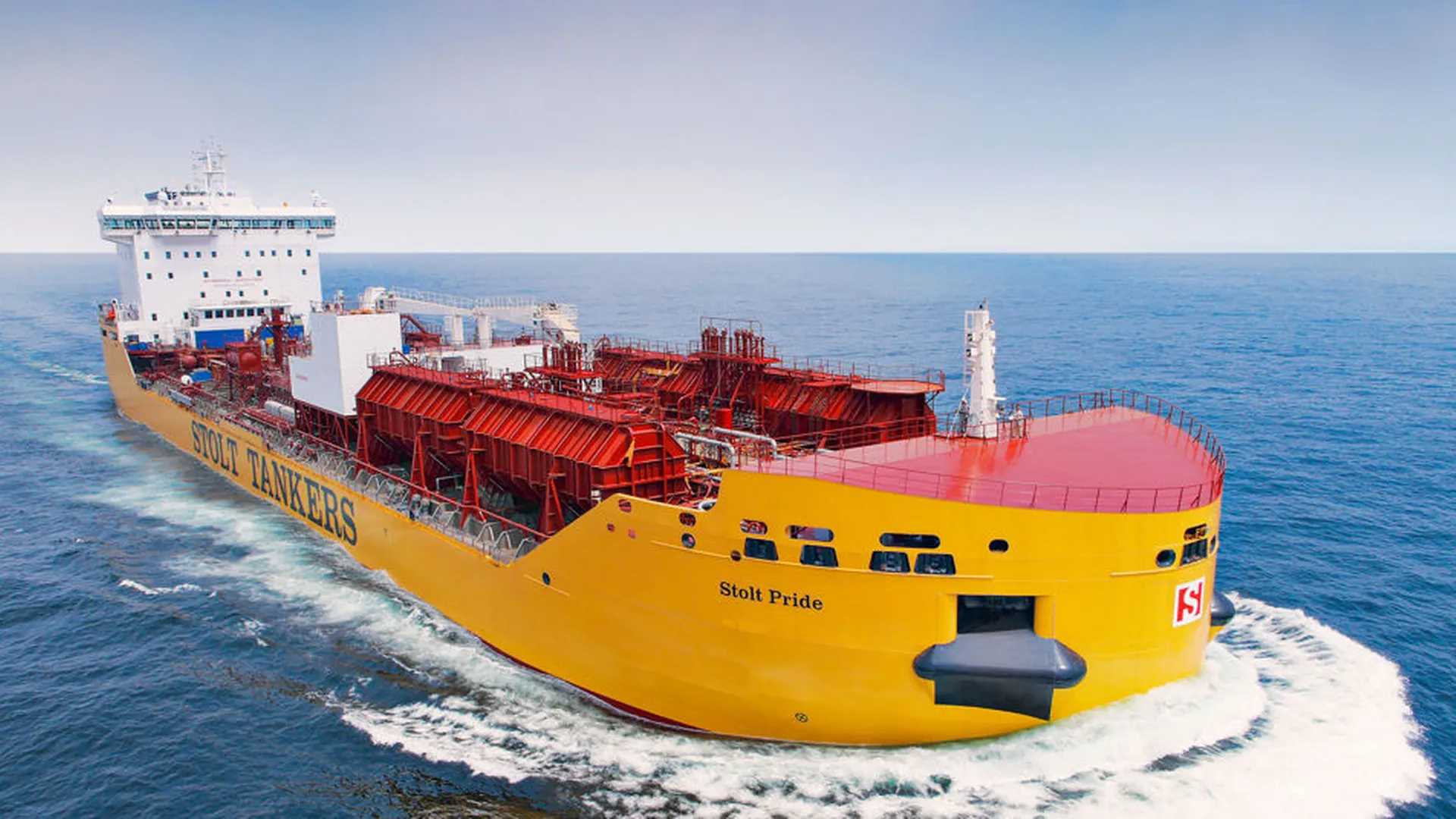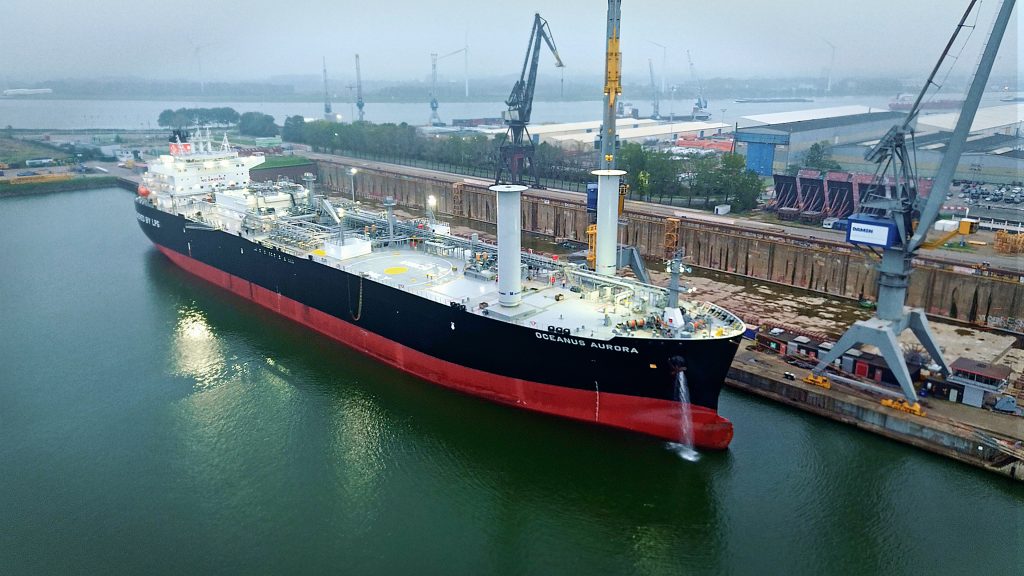Kanadevia Corporation, Mitsui O.S.K. Lines, Ltd. (MOL), and Yanmar Power Solutions Co., Ltd. have been working on the project “Development of Methane Slip Reduction Technology for LNG-Fueled Vessels through Catalyst and Engine Improvements under the Green Innovation Fund Project “Development of Next-Generation Vessels” led by the New Energy and Industrial Technology Development Organization (NEDO).
As part of the project, full-scale demonstration trials began in May 2025 on routes including between Japan and Australia, achieving a methane slip reduction rate of 98%, far exceeding the target of 70%.
The project, spanning six years from FY2021 to FY2026, aims to achieve a methane slip reduction rate of 70% or more for LNG-fueled vessels by combining methane oxidation catalysts with engine improvements. Its goal is to be the first in the world to socially implement methane slip reduction technology in the maritime sector, a technology that has not yet been established even on land.
Based on these results, the three companies modified the land-based test equipment for onboard use and, starting in May 2025, began full-scale demonstration trials in sea areas including between Japan and Australia using the LNG-fueled large coal carrier REIMEI, operated by MOL. In onboard trials, engines are operated under actual operating conditions, subject to constantly changing environmental factors in the engine room as well as fluctuations in load rate due to weather conditions. Even under these conditions, the system achieved a high reduction rate of 98% at the practical operating range (75% load), surpassing the land-based trial results.
Going forward, onboard trials will continue through the end of FY2026 to evaluate overall system performance and catalyst durability, with the aim of social implementation from FY2027 onward.




